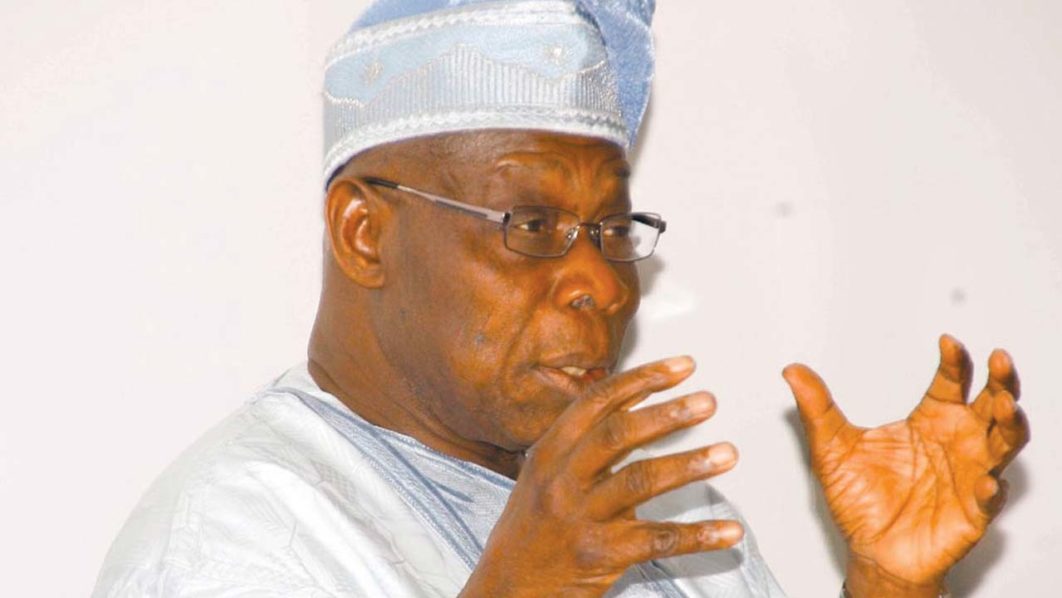Former President Olusegun Obasanjo has faulted the federal government’s plan to source fresh external loans.
He said the FG was accumulating debts for the next generation, describing it as “criminal.”
President Muhammadu Buhari had on Tuesday submitted a request for approval to obtain fresh external loans of $4.054 billion and €710 million to the national assembly.
The request was in a letter read by Senate President Ahmad Lawan on the floor of the upper legislative chamber.
In the letter, Buhari explained that owing to “emerging needs,” there is a need to raise more funds for some “critical projects”.
Speaking to Channels TV on the sidelines of an event in South Africa, Obasanjo said that if the existing debt is left unserviced or unpaid, it might become a problem for successive administrations.
While noting that borrowing is not a problem, the former Nigerian president said that what could be a problem would be what one is borrowing for and the plan or capacity to pay back.
According to the former president, borrowing for recurrent expenditure is the “height of folly”.
“If you want to build a commercial house and you go and borrow money, and you have 50 percent of your own money, and you borrow 50 percent and in five years, you pay the 50 percent that you borrowed. That is a wise thing to do,” he said.
“But if you have to go and borrow money for you to be able to feed yourself and your family, that is a stupid thing to do.
“So, if we are borrowing for recurrent expenditure, it is the height of folly. If we are borrowing for development that can pay for itself, that is understandable. Then the payment, how long will it take to pay itself?
“But we are borrowing and accumulating debt for the next generation and the next generation after them, it is criminal, to put it mildly. What are we borrowing for?”
He recalled that during his tenure in 1999, the country was spending $3.5 billion to service debts that kept on increasing.
“When I came into government as elected president, we were spending $3.5 billion to service debts. Even with that, our quantum of debts was not going down,” he added.
TheCable understands that during a fall in oil receipts between 1977 and 1979, the Nigerian government took two different loans from the international capital market — a $1 billion and another $750 million.
Obasanjo ruled from 1976 to October 1, 1979.
The Debt Management Office (DMO) said Nigeria’s total public debt climbed to N35.46 trillion at the end of the second quarter (Q2) of 2021.

